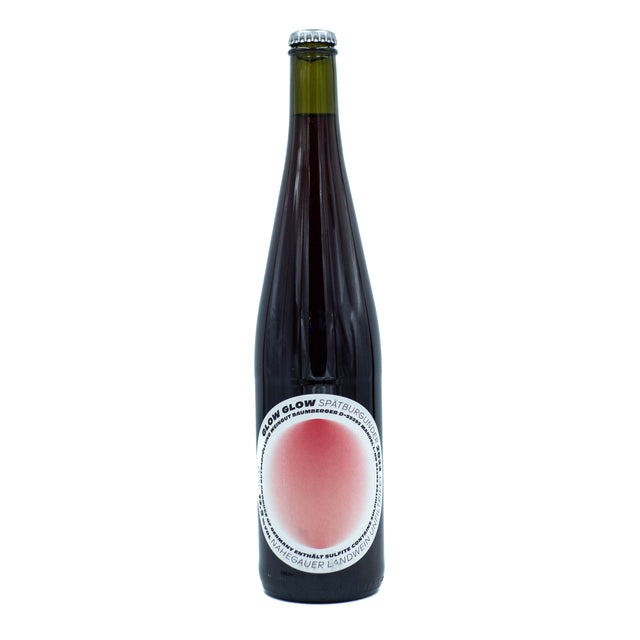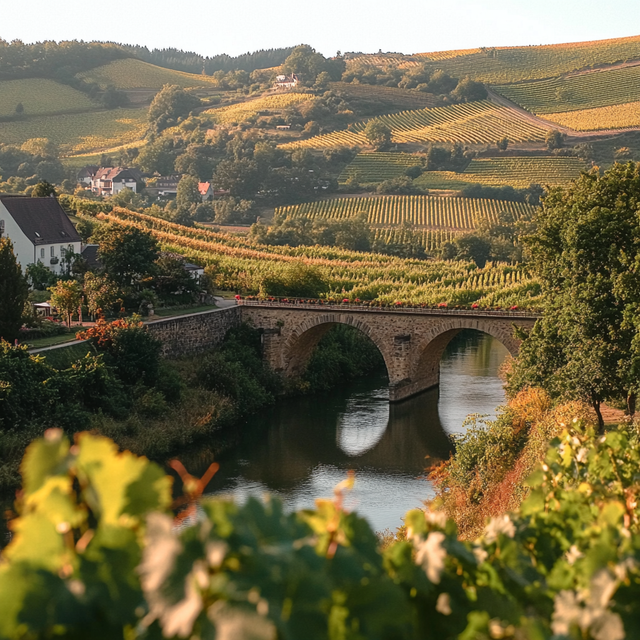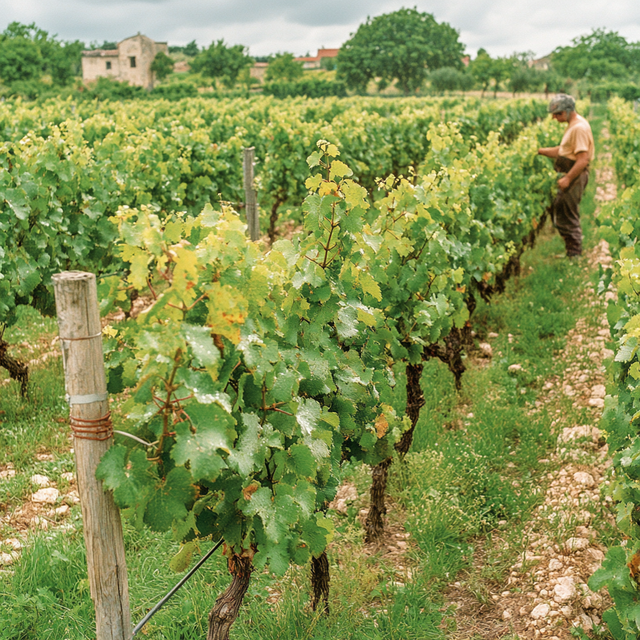The Nahe, a German wine region nestled between the Rheingau, Rheinhessen, and Mosel, is known for its remarkable diversity and elegance. While Riesling is its flagship grape, the Nahe's varied terroir is its defining feature. Volcanic porphyry, slate, quartzite, loam, and gravel soils contribute to a wide spectrum of wine styles, all unified by a distinct minerality and vibrant acidity. Nahe Rieslings, often dry or off-dry, are celebrated for their finesse, balance, and compelling expression of their diverse origins. This region, while sometimes overlooked, offers a compelling and nuanced perspective on German Riesling, marked by both elegance and a unique mineral complexity
Germany - Nahe
Pinot Noir is a thin-skinned, notoriously difficult-to-grow, low-yielding grape that finds its ancestral home in Burgundy, France, where it produces some of the world's most elegant and nuanced wines. While Burgundy remains its spiritual heartland, Pinot Noir has since traveled the globe, finding success in other cooler climates, notably in California, Oregon, New Zealand, and Germany. This grape is a challenge for any grower, as it requires specific conditions to show its best, and yet the wines it produces are capable of such a captivating and singular character.
Pinot Noir
Practicing Organic vineyard farming involves growing grapes using organic methods—avoiding synthetic fertilizers, herbicides, pesticides, and fungicides—but without formal certification. Wineries adopting this approach prioritize environmental health, soil vitality, and biodiversity, using natural practices such as composting, cover cropping, and manual pest control. Many small wineries opt for practicing organic methods rather than pursuing official organic certification, primarily due to the significant cost, paperwork, and time commitment involved in certification processes. As a result, practicing organic is a popular choice among boutique and artisanal producers who remain committed to sustainable agriculture while managing budgetary constraints.





